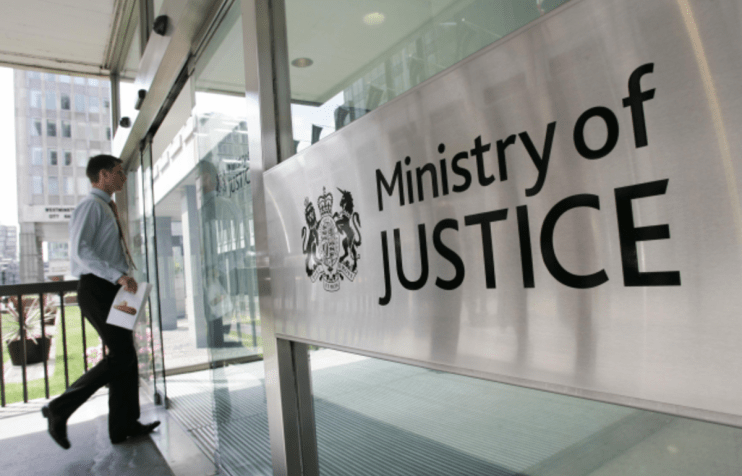Court backlog crisis deepens as Law Society pleads for ‘increased and sustained’ funding

Britain’s legal logjam worsened in the final quarter of last year, as it warned that the “underfunded and crisis-ridden” system is failing thousands.
The Law Society hit out at the government’s management of the legal system today, after the publication of criminal court statistics for October through to December last year.
It outlined that the Crown Court backlog had soared by eight per cent, to 67,573 in December compared to 62,628 at the same point last year.
Warning about “defendants with huge court delays continuing to spiral”, it said that 18,045 of those Crown Court cases have been outstanding for a year or more including 6,523 which have been outstanding for two years or more.
The Law Society also outlined that the magistrates’ court backlog had gone up by seven per cent also. to 370,731.
“The backlog figures show the depth of the crisis our criminal justice system is in,” said Law Society president Nick Emmerson.

“Decades of underfunding and cuts have left us with a justice system which is failing victims and defendants, who are having to wait far too long to access justice, with thousands of cases outstanding for more than two years.
“The courtrooms themselves are crumbling and adding to the delays. There aren’t enough judges and lawyers to cover the cases. Pay and conditions to work in the system are unattractive and court staff are undermanned and under pressure. Eligible people can’t access legal aid because changes to the means test have been delayed. Prisons are overcrowded with inmates being released early to free up space.
“The UK government’s own unambitious target of reducing the Crown Court backlog to 53,000 by March 2025 is looking improbable and faith in our criminal justice system understandably continues to erode.
“Only increased and sustained funding can stop the ongoing collapse of our criminal justice system.”
This comes after a sustained period of funding cuts for the legal service, including cuts to legal aid.
Last December, the government faced a High Court challenge over its failure to increase criminal solicitors’ legal aid fees despite rising criminal barrister fees.
Criminal barristers have also gone on strike over the matter.
In February, Labour’s Meg Hillier MP called on the Ministry of Justice (MoJ) to work across government and legal providers as she warned that the “access to legal aid services is worsening.”
Her comments followed the National Audit Office’s (NAO) report on the government’s management of legal aid. According to the report, the MoJ does not know whether everyone eligible for legal aid can access it.
The report stated that the MoJ achieved its aim of significantly reducing legal aid spending by cutting the bill down by £728m. It highlighted that spending on legal aid has dropped by 28 per cent from £2.58bn in 2012/13, down to £1.86bn for 2022/23.
A Ministry of Justice spokesperson said: “Our courts are running at full throttle and we are on track to deliver around 107,000 sitting days between April 2023 and March 2024.
“We are boosting investment, recruiting hundreds of judges across all our courts and tribunals, enabling the use of remote hearings and extending Nightingale courts. This means more victims are getting the justice they deserve and more offenders are having to pay for their crimes.”
With Labour around 19 points ahead in the polls and a general election expected by the end of the year, Shabana Mahmood MP, Labour’s Shadow Justice Secretary, said the “criminal justice system is grinding to a halt” under the Conservatives.
“These figures show the government have done the exact opposite of what they promised in 2021 – instead of cutting the crown court backlog by 7,000 cases by March 2025, they have now allowed it to increase by more than 7,000.
“This backlog is a direct product of the Tories’ bad political choices – the choice to close down hundreds of courts while allowing others to fall into a state of neglect and disrepair. This government is failing victims and undermining public confidence in our justice system.
“Labour will accelerate the delivery of justice by increasing the number of staff working as crown prosecutors to drive down the backlog.”
Labour will set out its plans for funding the criminal justice system in its manifesto before an election.